Strengthening Cyber Defenses with Multi-Factor Authentication
VISTA InfoSec
NOVEMBER 7, 2023
Additionally, organizations need to comply with data privacy requirements including understanding Digital Personal Data Protection. Mutli-Factor Authentication (MFA) isn’t a new concept. Put simply, cybersecurity is any security system that protects our digital assets. Another mechanism that is heavily relied on is MFA.



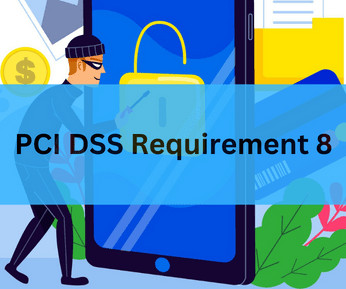

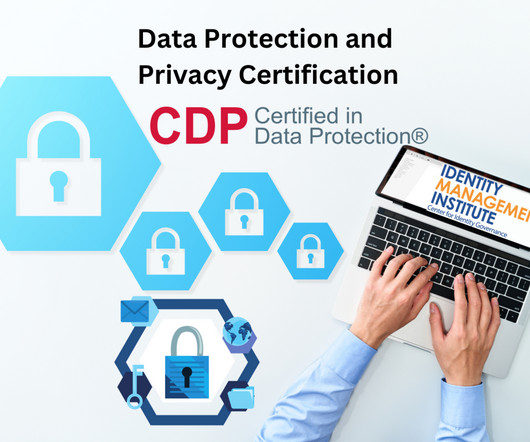

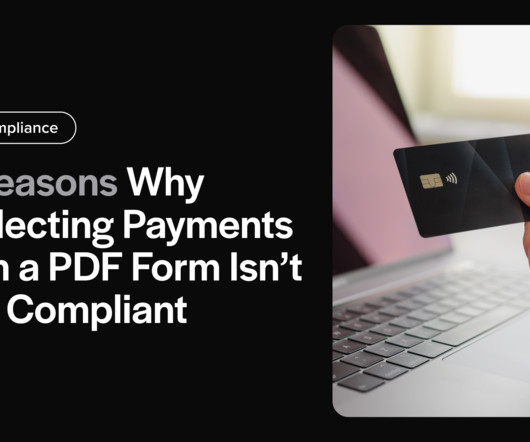
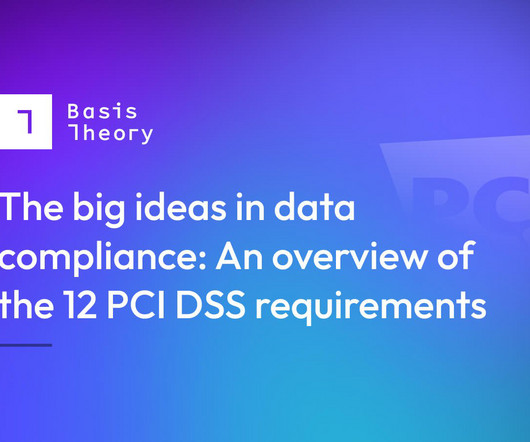
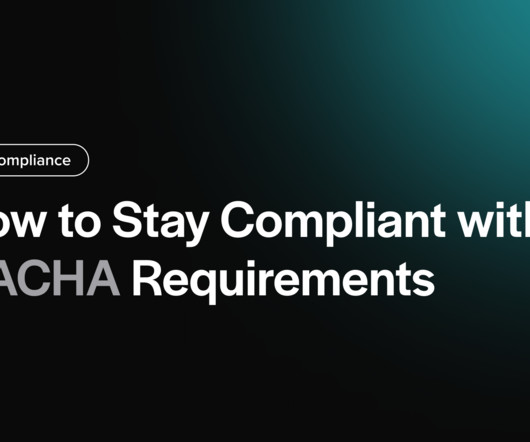
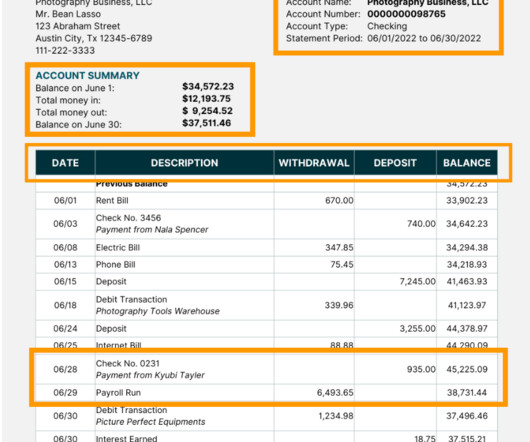






Let's personalize your content